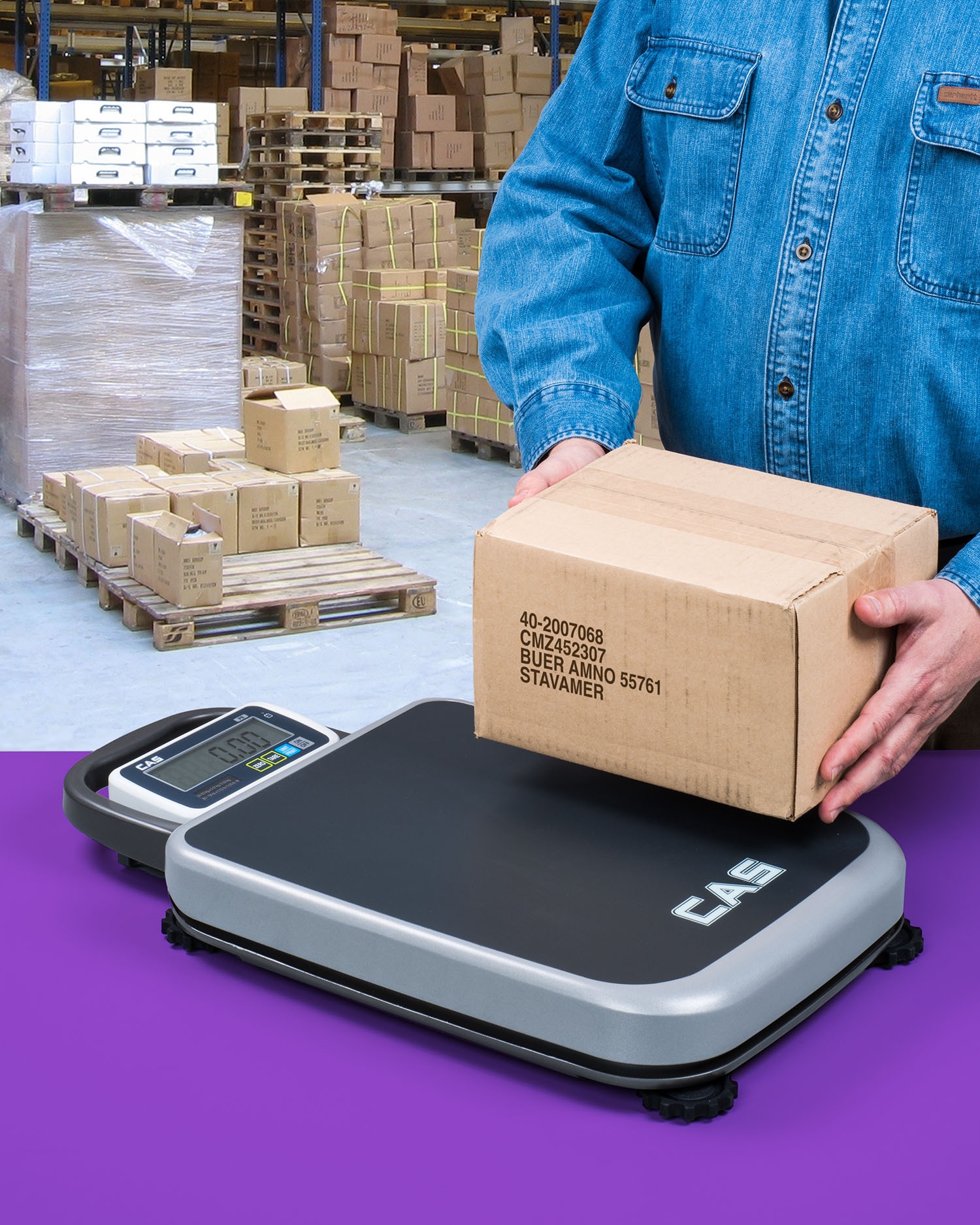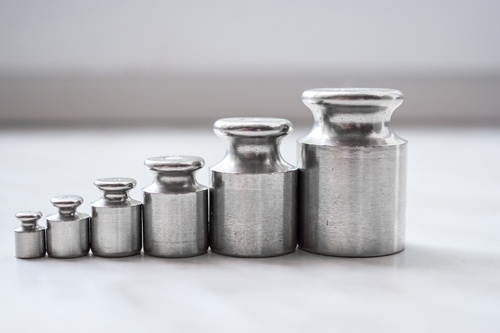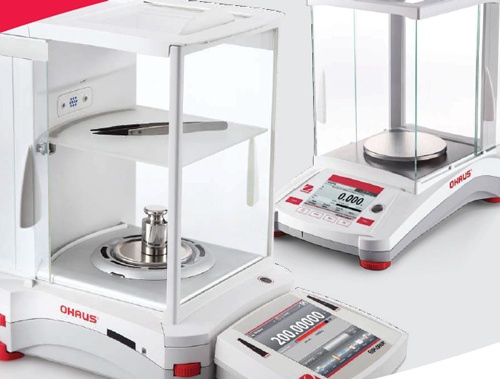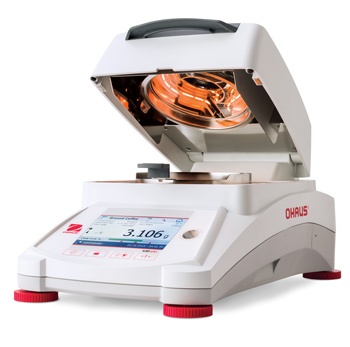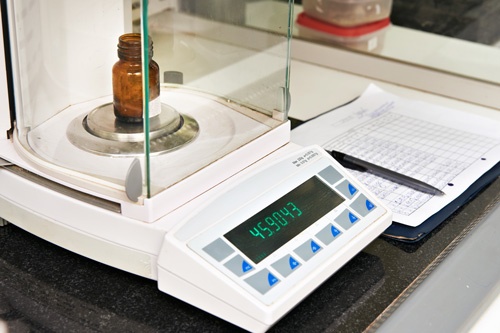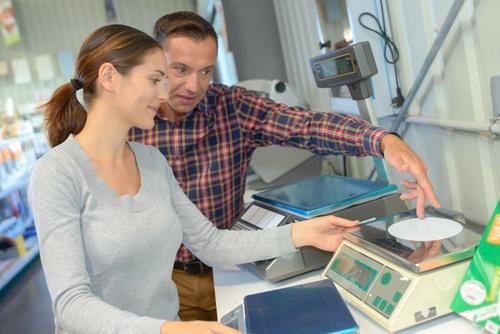NTEP Approved: Requirements, Classifications, and Applications
When conducting research for what scale to purchase for your specific business application, two of the most popular terms you will see are “legal for trade” and “NTEP approved”. While these terms might not mean anything to you now, they are extremely important certifications for your business. In all commercial applications where the product is sold in increments of weight, it is a legal requirement that the scales being used to conduct the transaction are verified as legal for trade.


